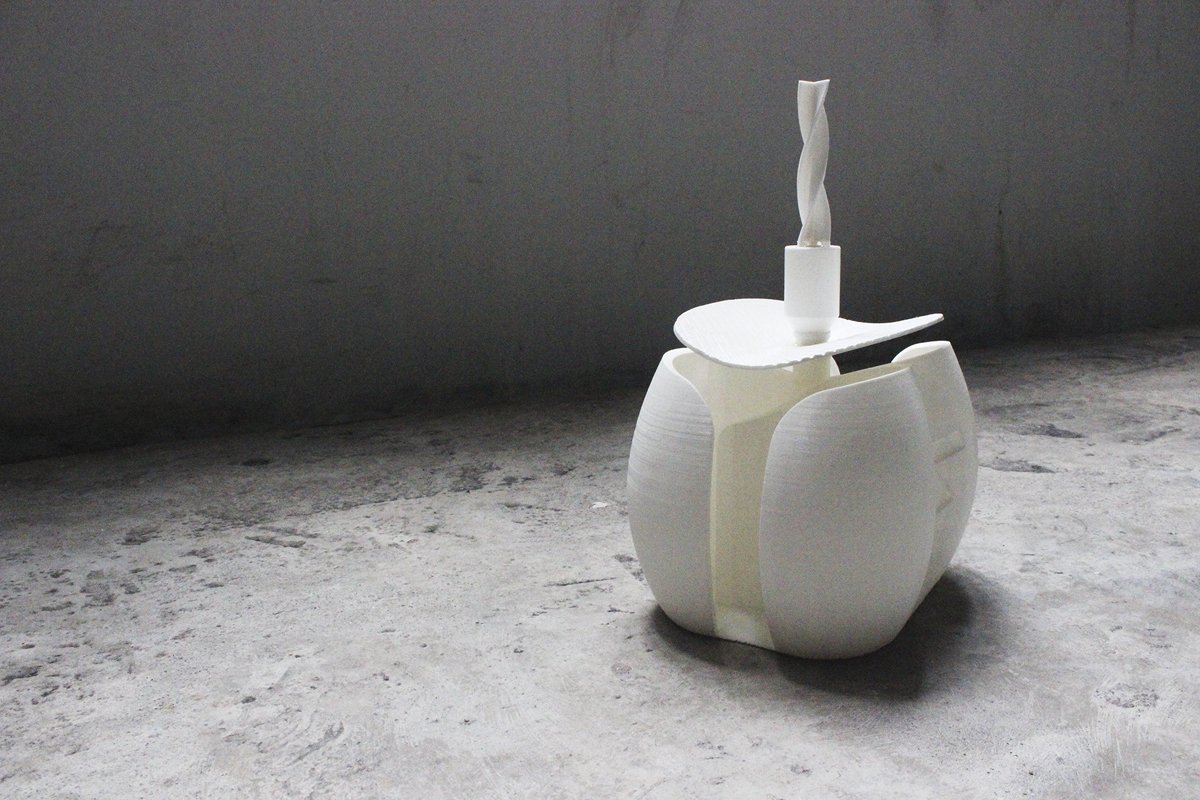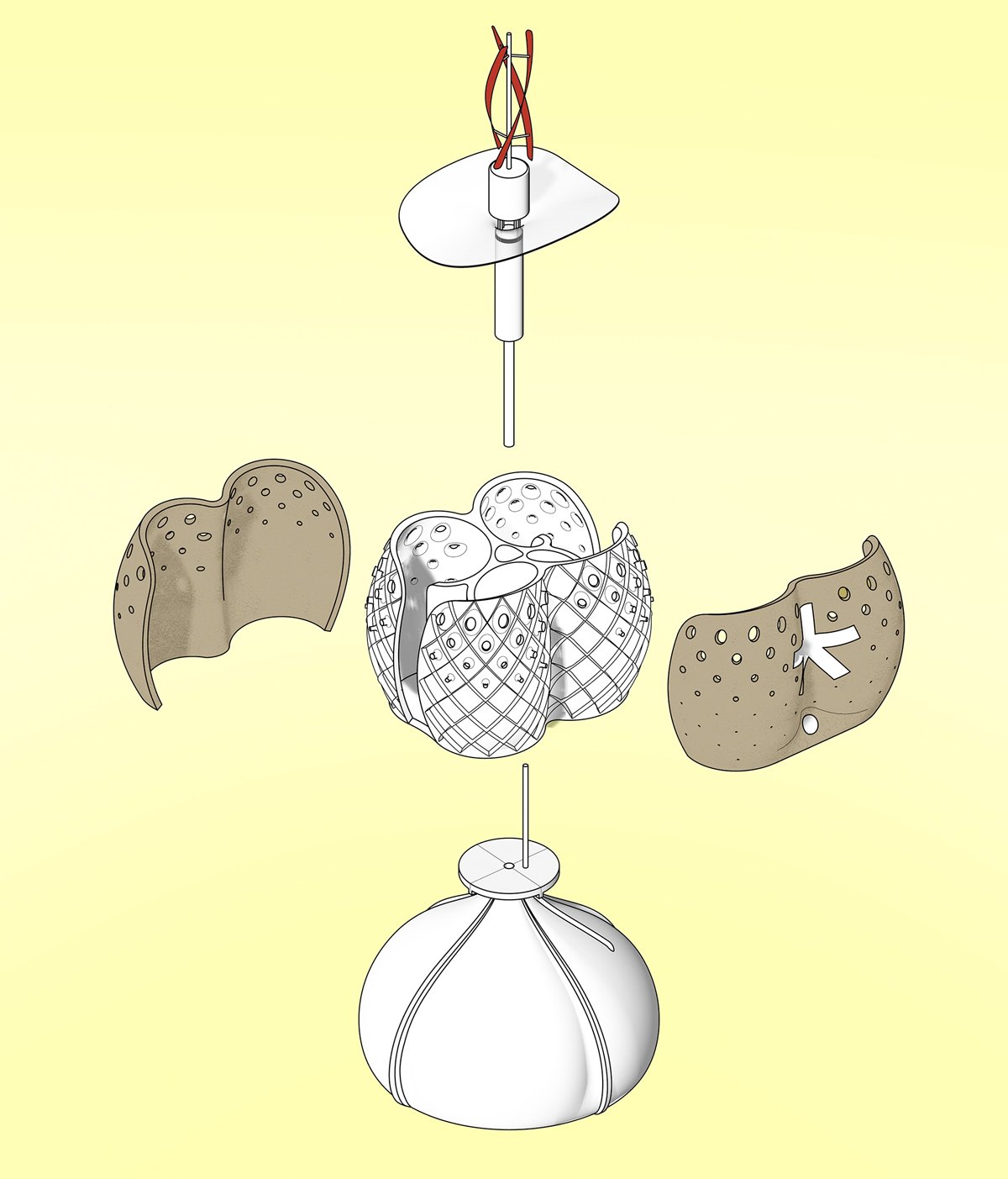WORLD TOILET DAY / SPARK IS WORKING WITH AN INDIAN UNIVERSITY TO DELIVER AN EASILY TRANSPORTABLE 3D PRINTED TOILET
Eriam Sheikh, 7 year old comes out after using the toilet on stilts or floating toilet built over a drain passing by Rafiq Nagar in Mumbai ©UN Water
World Toilet Day (WTD) is an official United Nations international observance day on 19 November that inspires action to tackle the global sanitation crisis. This year the theme focuses on the importance of “Sustainable sanitation and climate change”
SPARK has designed and is working with a high profile Indian University to deliver an easily transportable 3d printed toilet. The proposal aims to highlight the urgency of eliminating open defecation as well as the positive benefit of using a natural waste product to create “free” energy for remote communities.
The application of SPARK’s“The Big Arse Toilet” in remote locations
World Toilet Day celebrates toilets and raises awareness of the 4.2 billion people living without access to safely managed sanitation. It is about taking action to tackle the global sanitation crisis and achieve Sustainable Development Goal 6: water and sanitation for all by 2030. (Source:https://www.un.org/en/observances/toilet-day)
SPARK’s “The Big Arse Toilet”
SPARK’s “Big Arse Toilet” given its form can provide sanitation and power to communities that lack these basic utilities. The cost effective toilet modules will be printed from a mixture of processed bamboo fibre, lightweight concrete and gum resin.
SPARK’s “The Big Arse Toilet” section
Sustainable power generation
Water recycling
The toilet modules sit on and are secured to a buried 3d printed reinterpretation of a traditional biogas dome that uses human, animal and vegetable waste to generate and store bio-gas.
3d module
Drone transportation
SPARK’s “Big Arse Toilet” structural analysis
The printed monocoque shell of the toilet comes complete with toilet bowl and basin printed as part of the homogenous surface of the toilet cubicle. The exterior of the shell can be rendered or finished with a variety of materials appropriate to local context and environment.
SPARK’s “Big Arse Toilet” placed in the community
The biogas dome has been sized to function for 10 years, generating enough electricity to power a small community of 8 dwellings.
SPARK partner Stephen Pimbley said:
“ SPARK’s self-funded The Big Arse Toilet has been developed to highlight the fact that not enough is being done to provide solutions for vulnerable individuals that are worst affected by lack of access to the level sanitation most take for granted.
Our proposal could help prevent disease and assistin community development by lifting social barriers faced particularly women in rural communities, often meaning serious consequences for their health, perpetuating the disproportionate levels of disease associated with poverty and open defecation.”











